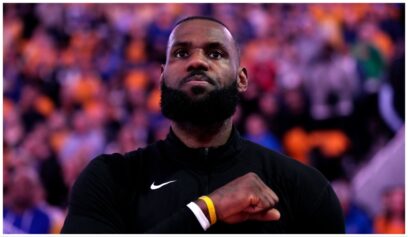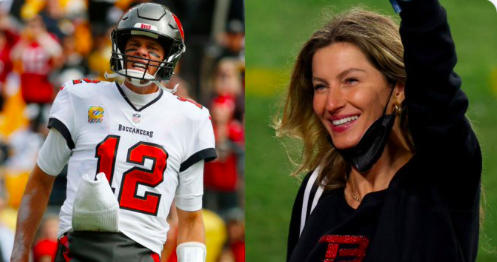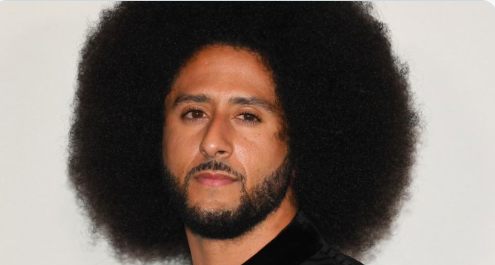Happily frustrated.
It’s all I could come up with to describe how I felt when Billy Porter and Jharrel Jerome won Emmys on Sunday night.
I was happy they won, but frustrated that they’re still so many “firsts” that are happening for black people 400 years after we arrived in America.
Progress isn’t supposed to take this long.
Porter became the first openly gay black man to win for lead actor in a drama category for his role as Pray Tell in FX’s “Pose.”
“Oh my god, I’ve got to breathe. I’ve got to breathe. Oh my god, God bless you all. The category is love, you all. Love. I am so overwhelmed and I am so overjoyed to have lived long enough to see this day,” said the 50-year-old onstage when he received his groundbreaking award.
Jerome is now the first Afro-Latino to win an Emmy for acting, as the Dominican thespian won for his portrayal of Korey Wise in Netflix’s “When They See Us.”
“It’s a blessing and I hope this is a step forward for Dominicans, for Latinos, for Afro-Latinos. It’s about time we’re here,” he said to a group of reporters backstage after his win.
Progress can be a funny thing. If you’re a minority or person of color, it’s always a process that takes too long. But, if you’re of the majority, then I’m guessing that it could feel as if it’s taking place faster than it is. I don’t have the luxury of understanding that feeling, though.
A few months ago, I was asked about my feelings of potentially becoming the first black person to do something, yet again breaking through another glass ceiling.
My answer caught everyone in the room off guard, as I started by explaining the importance and honor that comes along with being the first. But I also explained how it can become annoying over time when you have to continually carry the weight of an entire race along with you.
“This isn’t new for me,” I said. “I’m used to being the first, but I’m also tired of it if I’m being honest.”
It’s an enjoyable burden. There’s great pride in making history and being the first to cross that threshold. However, you understand that you’re not crossing that line alone, as you’ve now become the barometer for those that will hopefully come after you.
We shouldn’t still have to be breaking down these barriers in 2019, and it’s a complicated feeling that brings about joy and exhaustion.
A quick Google search of the phrase “first black…” will give you pages of articles. You will learn that it took the Metropolitan Opera 136 years to name a black composer, as five-time Grammy Award winner Terence Blanchard received the honor last week.
There’s also Dorian Hunter who became the first black woman to win “MasterChef,” and Jacqueline Stewart who will be the first black host on Turner Classic Movies. This has also been the first year in which three black women held the titles of Miss America (Nia Franklin), Miss USA (Chelsie Kryst), and Miss Teen USA (Kaliegh Garris) at the same time. Ruth E. Carter and Hanna Beachler also became the first black women in their fields to win Academy Awards for Costume Design and Production Design.
In sports, Brian Flores is spending this season as the first black head coach of the Miami Dolphins that didn’t have an interim tag attached to his name. And on the collegiate level, Josh Gattis (Michigan) is one of the very few black offensive coordinators on the Power-5 level in college football.
When the New York Times released their “1619 Project” last month, observing the 400th anniversary of the beginning of American slavery, it not only broke down the systematic effects of it, but it also explored the contributions that black people have made to this country for 400 years.
You would think that after all that time, “firsts” wouldn’t still be a thing. Which is why Sunday night was a stark reminder of how far we’ve come, and how much further we desperately need to go.
Because in a perfect world, Billy Porter and Jharrel Jerome would have only been celebrated for the greatness of their work, and not the history that it made.



